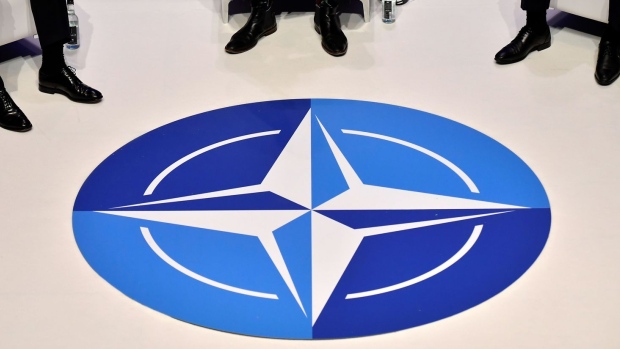Poland has spoken to the US about sharing nuclear weapons to counter the growing threat from Russia, President Andrzej Duda said, after the Kremlin stepped up nuclear saber-rattling over Ukraine, according to Bloomberg.
The biggest eastern European NATO member has been ramping up military spending following Russia’s invasion of neighboring Ukraine, but until now officials haven’t said they’ve spoken with allies seeking nuclear weapons as a deterrent.
The comments raise questions over whether US nuclear weapons could be hosted for the first time by a NATO member that was once behind the Iron Curtain. Doing so would defy warnings from President Vladimir Putin that Russia will respond to any expansion of the alliance’s military capabilities in its former back yard.
“The problem, first of all, is that we don’t have nuclear weapons,” Duda said in an interview with the Gazeta Polska newspaper published on Wednesday. “There is always a potential opportunity to participate in nuclear sharing.”
Nuclear sharing can comprise anything from offering escort or reconnaissance jets for a nuclear mission, or offering dual-capable aircraft available for nuclear roles to actually hosting an ally’s nuclear weapons.
Allies such as Germany, Belgium, The Netherlands, Italy and Turkey host U.S. nuclear weapons on their soil, according to the Center for Arms Control and Non-Proliferation.
A senior diplomat in Warsaw said Duda’s comments could potentially include any of those activities. The diplomat, who declined to be named because he wasn’t authorized to speak publicly on the matter, said hosting the weapons would be in the security interest of Poland, the region and all of Europe.
“We have spoken to American leaders about whether the US is considering such a possibility” of Poland sharing the weapons, Duda told the newspaper. “The topic is open.”
Putin has in the past days hinted that further escalation in Ukraine may involve arms that haven’t been used in war since 1945. Before invading Ukraine, he demanded NATO roll back to positions it held in 1997, before the rush of former communist countries to join the alliance’s protective umbrella against their former Soviet master.


